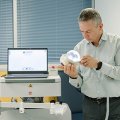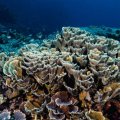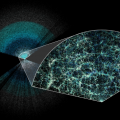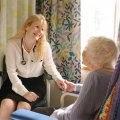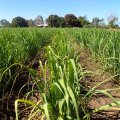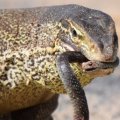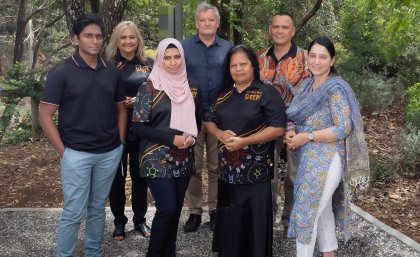
The University of Queensland and Beyond Blue have partnered to deliver culturally responsive sleep health services to Aboriginal and Torres Strait Islander adolescents in Queensland.
Project lead Associate Professor Yaqoot Fatima from UQ’s Poche Centre for Indigenous Health said Aboriginal and Torres Strait Islander adolescents experience disproportionately high rates of poor sleep - up to twice as high as other young people.
“Improving sleep among young people means they can become more engaged in school, sport, cultural and community activities,” Dr Fatima said.
“Poor sleep can be caused by medical conditions like sleep apnoea, restless leg syndrome, home environments or behavioural issues such as an irregular bedtime.
“Our previous studies have shown that young Indigenous people sleep better when they feel connected to their culture which is why this program is important.”
A 10-week Sleep for Strong Souls program will connect with more than one hundred 12 to 18-year-olds through workshops in north and western Queensland communities.
The UQ-led program promotes and reinforces healthy sleep behaviours by integrating traditional and western knowledges and was successfully piloted in Mt Isa last year.
Beyond Blue Board Director and psychiatrist Dr Jason Lee has worked with Aboriginal and Torres Strait Islander communities in the gulf region.
"We need to better understand the cultural influences that impact social and emtional wellbeing, and drawing on communities' knowledge helps create stronger support services," Dr Lee said.
“It’s also important to look at the links between poor sleep and wellbeing in children, given many mental health issues originate in childhood.”
Proud Waanyi Garawa Gangalida woman, Karen Chong grew up with a daily routine that meant sleep was not an issue until cable TV and the internet came to her remote community.
“We are not sleeping like we used to, and I knew that something needed to be done that would be helpful to my family and community because sleep is important to our culture,” Ms Chong said.
Ms Chong completed her training as an Indigenous sleep coach under the pilot program and is working towards becoming a sleep technician to help her people train a new generation of sleep coaches.
“We are the People of the Dreamtime with the oldest continuing culture shaped by dreams, which is why I became a sleep coach and want to train others,” Ms Chong said.
The Sleep for Strong Souls project received $783,000 from National Health and Medical Research Council (NHMRC), $185,000 from Beyond Blue, and is supported by Queensland Children's Hospital and Health Service, Ngak Min Health, Mithangkaya Nguli - Young People Ahead Youth and Community Services Indigenous Corporation, and the Sleep Health Foundation.
Media: UQ Communications Kirsten O’Leary, k.oleary@uq.edu.au, +61 412 307 594; Amanda Donigi, a.donigi@uq.edu.au, 07 3443 2678



